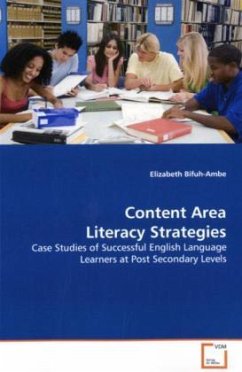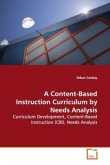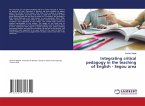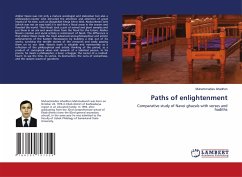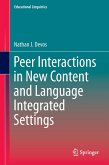Many second language learners encounter challenges
involved with acquiring the level of proficiency
required to use the language as the medium of
learning. The case studies in this volume
explore the processes by which some English Language
Learners (ELLs) at the university level develop
literacy skills, and the strategies they use to
comprehend subject matter in the mainstream
curriculum. The two cases discussed are a Korean
graduate student and a Panamanian undergraduate
student at a southeastern university of the U.S.A.
Strategies that the students use to succeed include:
motivation, academic peer coaching,
multi-media, and metacognitive behaviors such as
self-solving, asking questions, and spending more
time on task.
involved with acquiring the level of proficiency
required to use the language as the medium of
learning. The case studies in this volume
explore the processes by which some English Language
Learners (ELLs) at the university level develop
literacy skills, and the strategies they use to
comprehend subject matter in the mainstream
curriculum. The two cases discussed are a Korean
graduate student and a Panamanian undergraduate
student at a southeastern university of the U.S.A.
Strategies that the students use to succeed include:
motivation, academic peer coaching,
multi-media, and metacognitive behaviors such as
self-solving, asking questions, and spending more
time on task.

